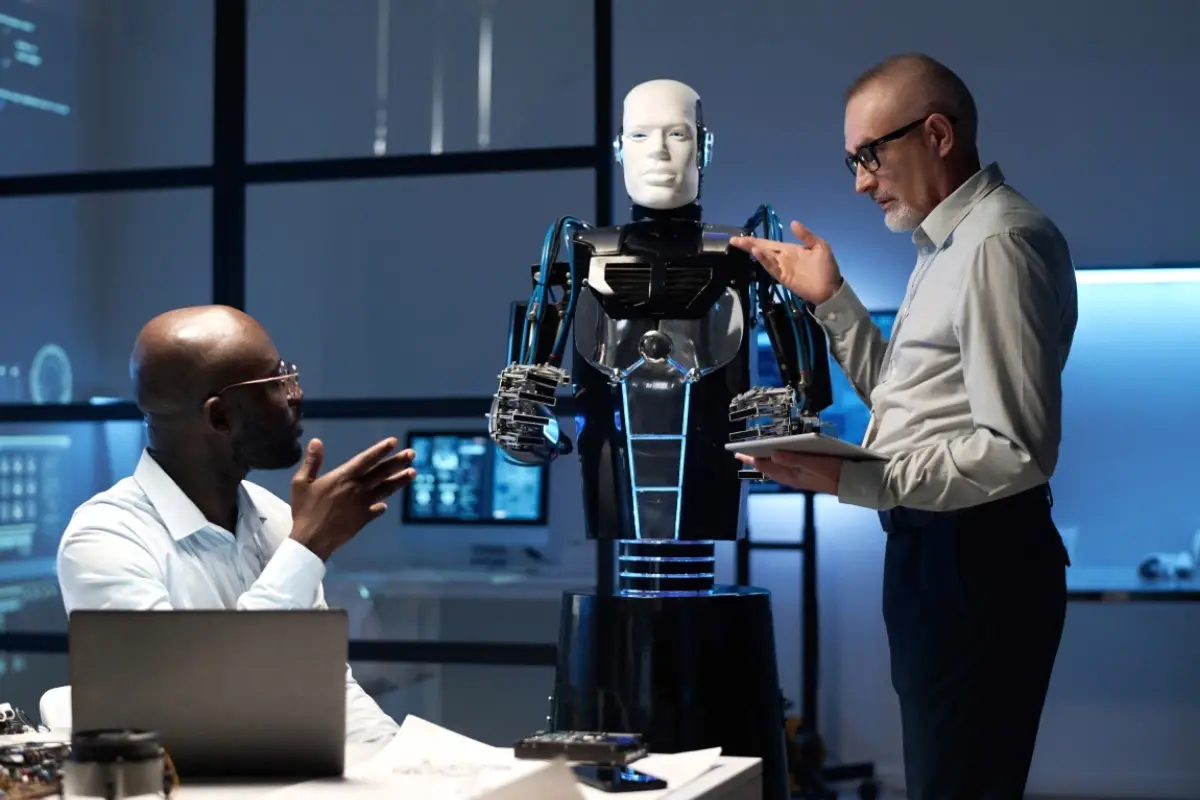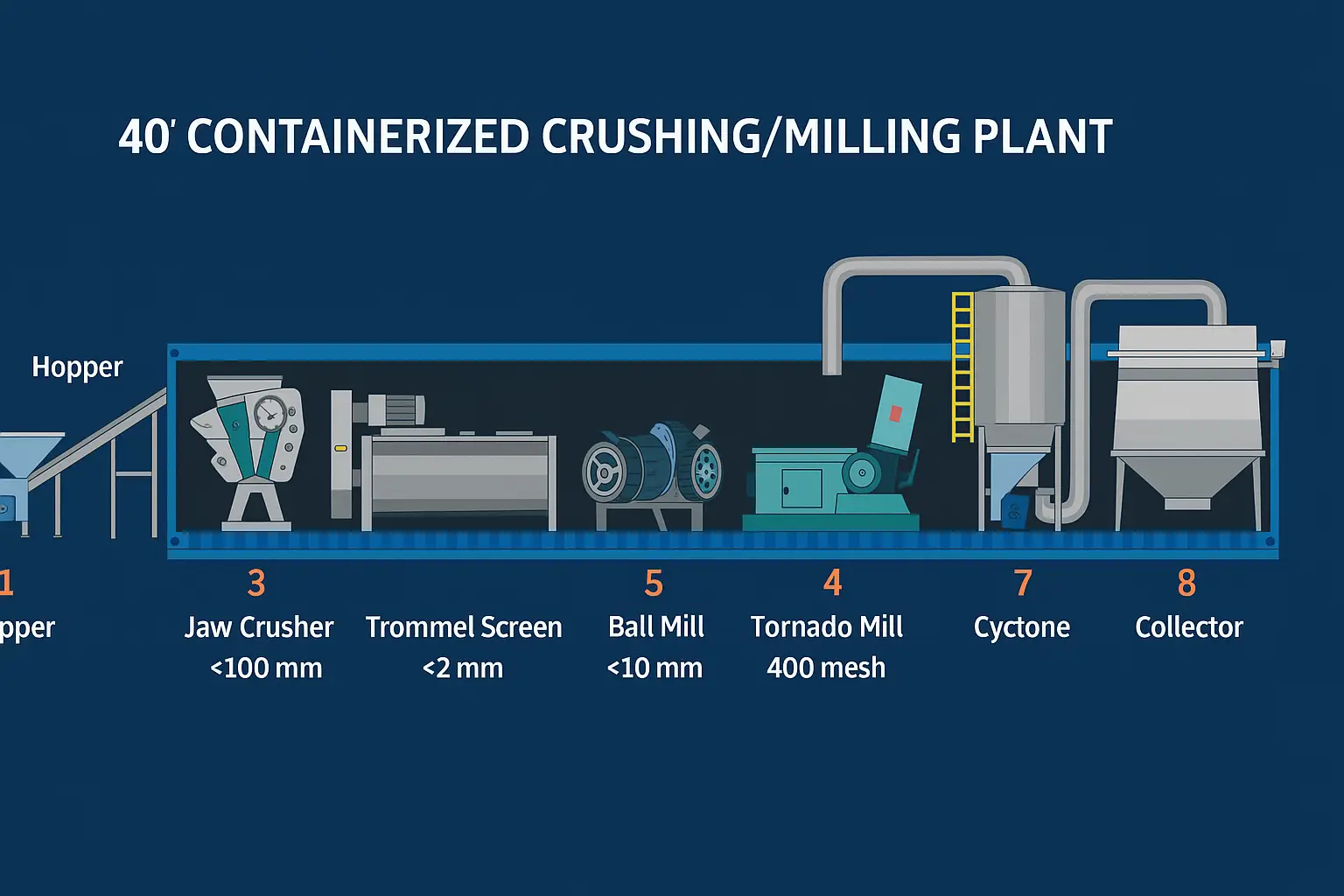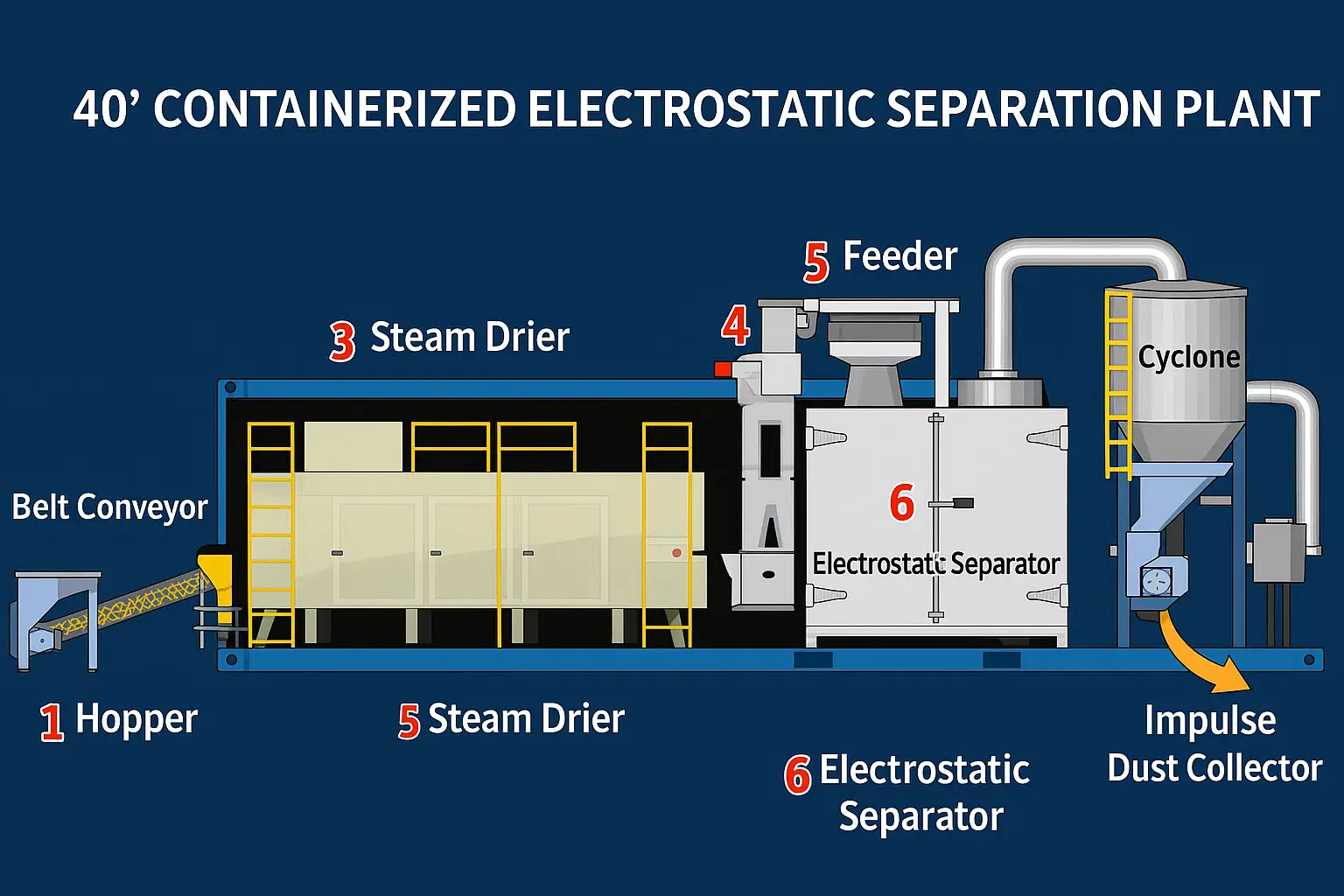Artificial Intelligence (AI) Is Transforming the Mining Industry
Artificial Intelligence (AI) is rapidly revolutionizing the mining sector, streamlining operations, enhancing productivity, and enabling smarter decision-making. From exploration to processing, AI-powered automation is redefining how mining companies operate in ways that were once considered futuristic.
Enhancing Productivity and Efficiency
AI-driven systems automate repetitive and hazardous tasks such as drilling, hauling, and equipment monitoring. This allows mining personnel to focus on higher-value activities like process optimization and safety oversight. Automation of functions like ore sorting, predictive maintenance, and fleet management significantly reduces downtime, lowers operational costs, and boosts overall efficiency.
Transforming Job Roles
Rather than eliminating jobs, AI is reshaping them. Routine labor is increasingly managed by autonomous machinery and smart software, while workers are shifting toward roles in system management, AI training, and data analysis. This transition encourages upskilling and positions workers as key collaborators with AI, enhancing safety and strategic oversight in mining operations.
Improving Decision-Making
AI enables real-time data processing and advanced analytics to support smarter operational decisions. From geological data interpretation to predictive modeling of ore grades, AI helps identify high-potential drilling targets, optimize resource allocation, and forecast equipment failures. These capabilities lead to better planning, reduced waste, and increased profitability.
Enhancing Environmental and Safety Standards
AI also contributes to improved environmental compliance and worker safety. Sensors and AI models monitor air quality, vibration levels, and structural integrity, alerting operators to potential hazards. Automated dust suppression, tailings monitoring, and energy optimization systems reduce environmental impact and enhance sustainability efforts.
Addressing Challenges and Ethical Concerns
The integration of AI into mining raises concerns such as job displacement, data privacy, and the ethical use of autonomous systems. It is essential for companies to adopt responsible AI practices—ensuring transparency, securing data, and maintaining human oversight in critical decisions—to foster trust among workers and stakeholders.
Conclusion
AI-powered automation is reshaping the mining industry, making it more efficient, sustainable, and data-driven. While it changes the nature of traditional mining work, it also opens new pathways for innovation, safety, and growth. Mining companies that embrace AI responsibly and invest in workforce adaptation will lead the future of resource extraction in an increasingly intelligent world.



